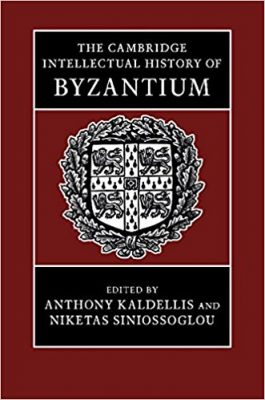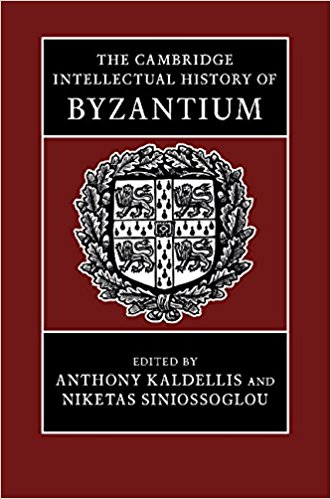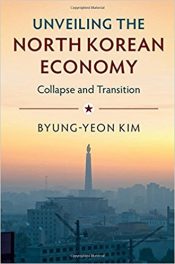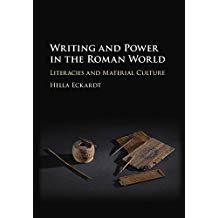 Editors: Anthony Kaldellis and Niketas Siniossoglou
Editors: Anthony Kaldellis and Niketas Siniossoglou
Publisher: Cambridge University Press – 791 pages
Book Review by: Sonu Chandiram
This book is unusual and rather unique from other books on Byzantine history in that its focus is on ideas and thoughts that developed in Byzantium rather than on historical events. It is well known that activities lead to events, and groups of important, related activities lead to memorable events that become historic.
It is also known that ideas lead to thoughts, and thoughts in turn lead to activities. So the sequence of progression is: ideas, then thoughts, then events. And when ideas have impact, for example, if they affect the lives or livelihoods of large numbers of people (e.g. millions of individuals), the thoughts they give birth to, also develop the element of impact.
For example, Mohandas Gandhi’s idea of ahimsa (non-violence) made sense to millions of people who could not possibly fight effectively with the well-armed British government that ruled India. Ahimsa led to the basic thought of non-cooperation with British rule.
When the British government could not get people to obey the laws and rules they had imposed on their Indian subjects, they became ineffective as rulers. The thought of non-cooperation spawned a nationwide fierce resistance movement led by Gandhi that eventually led to India’s independence from Britain.
This book discusses in 38 chapters, a number ideas on a range of subjects in Byzantine intellectual life, including astrology, astronomy, philosophy, politics, religion, rhetoric, and theology. You can survey what discussions are available, and delve deeper into any one idea in particular.
Let us take a look at the broad outline of this book by providing you the titles of its five Parts. These will serve as an overview of what you will find in this unusually insightful and excellent history of ideas.
Introduction
- Part I. The Transmission of Knowledge
- Part II. Sciences of the Word
- Part III. Sciences of the World
- Part IV. Philosophy and Theology in Late Byzantium
- Part V. Politics and History
In the Introduction of this book, the editors Anthony Kaldellis and Niketas Siniossoglou point out the importance of ideas in history. They write:
Ideas have lives of their own. Their genealogies, careers, mutations, and legacies form historical patterns and ontologies different from those of individual human beings and societies, though they are linked to the in manifold ways.
In most history books, the lives of people, how and where they lived, and the events their activities led to, are discussed inextricably with the ideas they created, espoused and advanced, But the editors of this book assert that ideas should be looked at separately from all the above-mentioned elements because ideas “have a life of their own.”
They elaborate on this point by writing: “Ideally, the history of ideas should be studied diachronically and across the boundaries of states, cultures, and periods, these being the most important categories that artificially break up intellectual history.”
They point out to a grave shortcoming in existing literature on the acquisition of new ideas by the people of Byzantium and on the birth and growth of their own: We quote them in part on this point“…the questions of how the Byzantines interacted with ideas which they received from earlier periods, and how they developed ideas of their own are occluded in existing scholarship.”
They also lament that intellectual histories of the medieval west rarely include the Byzantine world, which played a critical role in world progress and development
This book fills the gaps we mention above, lays a sold, new and fresh foundation of Byzantine intellectual history, and builds a strong structure of ideas in a variety of fields we mention above, as well as a host of other significant ones.
Editors:
Anthony Kaldellis is a Professor of Classics at Ohio State University and a leading scholar of Byzantium. He has published numerous translations, articles, and books, including The Byzantine Republic: People and Power at New Rome (2015), Ethnography After Antiquity (2013), Hellenism in Byzantium (Cambridge 2008) and The Christian Parthenon (Cambridge 2009).
Niketas Siniossoglou is a Research Associate at the National Hellenic Research Foundation and is a historian of ancient and modern philosophy. His publications include Plato and Theodoret (Cambridge 2008), and Radical Platonism in Byzantium (Cambridge 2011).







